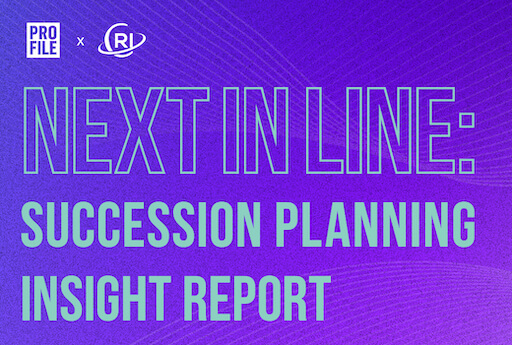
|
Getting your Trinity Audio player ready...
|
Abortion care rights have been a polarizing political issue for decades. But it’s not just a political issue, or an issue that solely impacts the healthcare industry. Now that the US Supreme Court has overruled 1973’s Roe v. Wade with Dobbs v. Jackson Women’s Health Organization, it’s entirely possible that abortion care rights will affect the business world as a whole, as employees become more selective about where they live and work.
Thus far, more than a dozen states have complete bans or six-week restrictions in place, and more are likely to institute similar measures (pending court or legislative action). This will affect approximately forty million women—that’s 58 percent of women of reproductive age. Notably, the vast majority of those women are of working age.
While attitudes toward abortion shift depending on the stage of gestation, abortion access is generally supported by about 60 percent of Americans. That suggests there are upwards of 25 million women (60 percent of 40 million) who may one day seek abortion care. If they already live in states where abortion care is not legal, their options might be limited to using an abortifacient (a pharmaceutical self-administered abortion) or traveling to another state for care.
For women who live in states where abortion is not restricted, another question arises: if they were offered a job requiring a transfer to, say, Texas, would they feel compelled to turn it down? Even if turning it down would impact their long-term career prospects?
For employers, the question is equally critical: this issue could impact their ability to recruit and retain employees at a time when labor and talent are already in short supply. It might even affect the recruitment and retention of male employees, whose wives, domestic partners, and daughters may wish to live in a state where abortion access remains intact.
What Companies Are Doing about It
Within days of the Dobbs decision, which was handed down on June 24, 2022, several large, multistate employers announced plans to support employees who need to travel to an abortion-legal state to have the procedure. Those companies include Meta, American Express, Bank of America, Goldman Sachs, Apple, Starbucks, Lyft, and Yelp. Another company, Patagonia, took it a step further, saying it would offer those benefits as well as provide bail for employees “who peacefully protest for reproductive justice.”
Most employers, however, have yet to state their company policy regarding abortion care. This might be because they are unclear on how their employees and customers will react (39 percent of Americans consider themselves broadly “pro-life,” according to a May 2022 Gallup survey).
It might also be a result of the uncertainty around each state’s abortion care laws: states like Texas and Oklahoma have introduced legislation that could penalize anyone (including employers) who aids women in obtaining abortion care. Add to that the fact that employer-provided health insurance is subject to state laws, setting up yet another battleground where state legislatures could introduce restrictions on abortion care. As a result, lawyers are advising companies to go slow in their policymaking.
A New Variable in Labor Economics
Of course, none of that addresses the big issue that is within employers’ control: requesting that an employee (or new hire) relocate to another state.
At this point, it’s too early to say for certain sure how companies will tackle that issue. That said, Christina DePasquale, associate professor of practice at Johns Hopkins University’s Carey Business School, says this Supreme Court ruling likely will affect if and where people choose to work. Her primary research centers on health economics, industrial organization, and labor economics, and she currently teaches a course on economics and decision making.
“There is certainly evidence that healthcare provision influences labor supply decisions,” she says. “So, while I am not aware of any studies relating this to abortion access, given this issue’s salience, it seems likely that some workers will make job-acceptance decisions based on abortion access.”
“Some workers” is a fair qualification, given how widely sentiments on this issue vary (workers who currently live in a politically “red” state and are asked to relocate to another red state might be willing to make that move, for example).
But according to DePasquale, it’s not just a few workers here and there who might be asked to relocate for a new role or promotion. Some companies, she says, might be looking at larger-scale relocations.
“Just as workers may base their decisions on these policies, companies are likely to adjust their location choices and workforces in their efforts to attract both workers and customers,” she explains. “I would expect some companies to relocate some or all of their workforces, though the labor market’s newfound appreciation for remote work may mitigate this.”





















